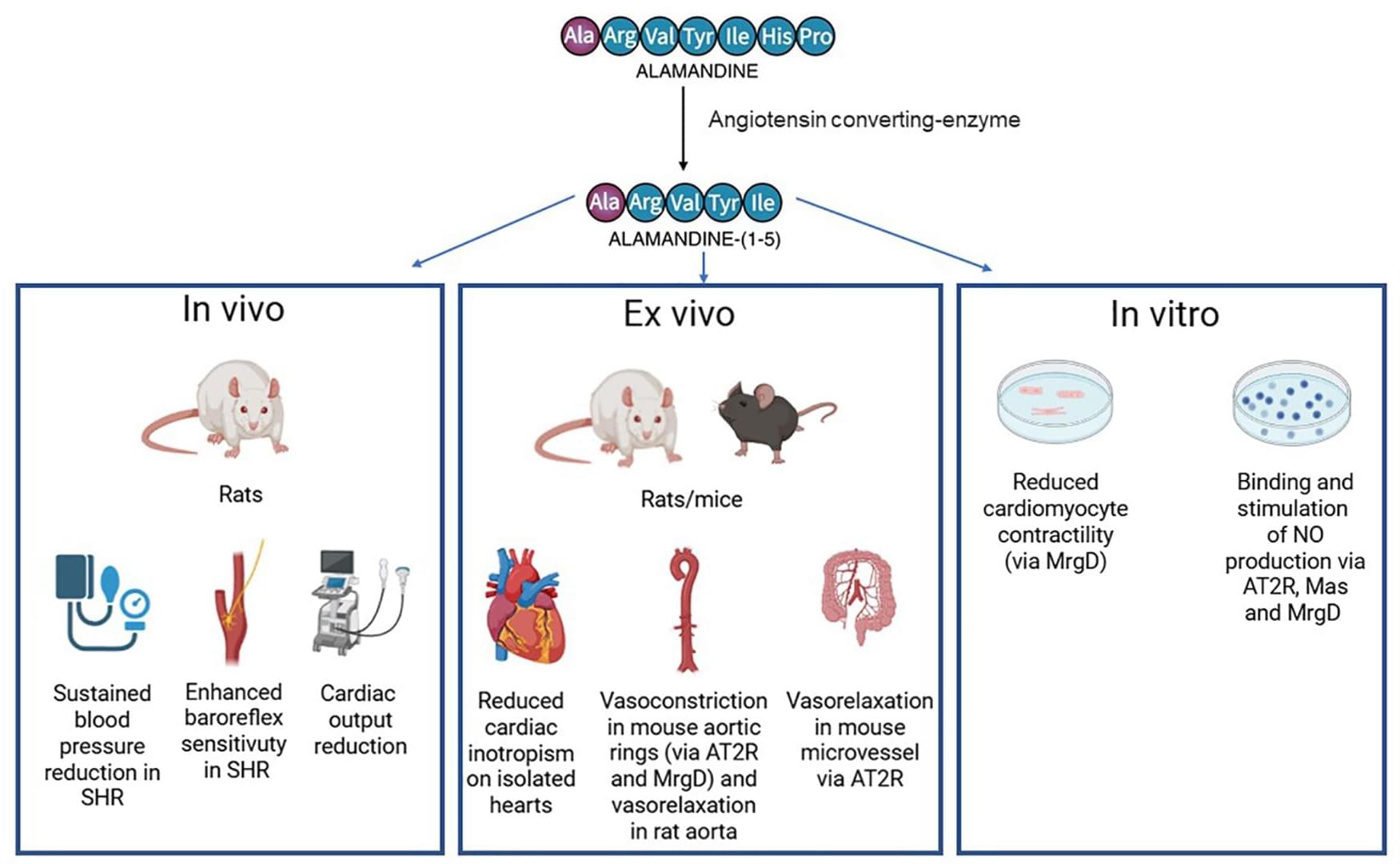The nitrogenase-like enzyme superfamily.
Nitrogenases are the only enzymes that reduce dinitrogen to ammonia, a reaction essential for all life on Earth.
Recent work demonstrates that nitrogen fixation‐like (Nfl) enzymes have extensive functions beyond nitrogen fixation, including reducing C=C double bonds of tetrapyrroles and breaking C–S bonds to support bacterial sulfur scavenging.
All nitrogenase-like enzymes consist of a reductase component containing an [Fe4S4]-cluster, and a catalytic component containing diverse metalloclusters.
The catalytic components of the nitrogenase-like enzymes contain simpler FeSclusters than nitrogenases, including [Fe4S4]-clusters and nitrogenase cluster precursors. https://sciencemission.com/nitrogenase-like-enzym
Nitrogenases are the only enzymes capable of converting atmospheric nitrogen into bioavailable ammonia, an essential process for all life on Earth. Early ancestors of bona fide nitrogenases and their maturases gave rise to several structural homologues with diverse functions. The nitrogen fixation-like enzyme superfamily comprises ancient metalloproteins involved in elemental processes that range from the biosynthesis of bacteriochlorophyll in bacterial photosynthesis to the biosynthesis of cofactor F430 in archaeal methanogenesis. Recently, new functions of nitrogenase-like enzymes in sulfur scavenging were discovered and have spurred interest due to the simultaneous production of small hydrocarbons.








